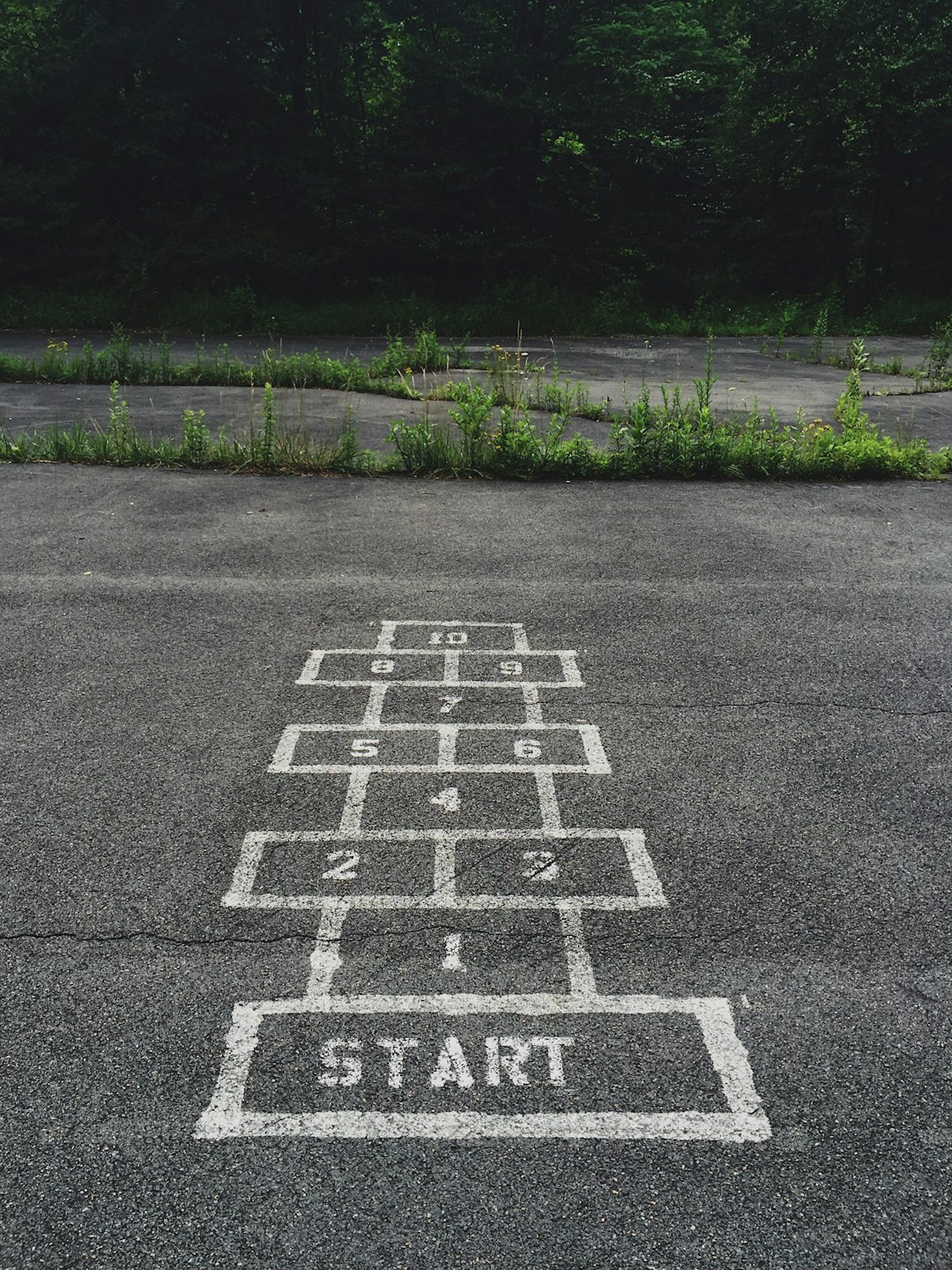Test preparation can be a stressful and daunting task for many students. Whether you are preparing for a standardized exam, a final exam, or a pop quiz, having a solid plan in place can make all the difference in your performance. In this blog post, we will discuss five proven strategies for effective test preparation that can help you achieve success.
1. Start early and create a study schedule
One of the most important strategies for effective test preparation is to start early. Procrastination can lead to cramming at the last minute, which is not only ineffective but also stressful. By starting early, you can break down the material into manageable chunks and study a little bit each day. This will help you retain the information better and prevent burnout.
Creating a study schedule can help you stay organized and on track. Identify the topics you need to cover and allocate specific time slots for each one. Make sure to include breaks in your schedule to prevent fatigue and maintain focus. Be realistic with your timeline and be sure to give yourself enough time to review and practice.
2. Use active learning techniques
Passively reading through notes and textbooks is not an effective way to study for a test. Instead, use active learning techniques to engage with the material and improve retention. Some examples of active learning techniques include:
– Making flashcards to quiz yourself on key concepts
– Summarizing information in your own words
– Teaching the material to someone else
– Creating mnemonics to remember complex information
– Practicing with sample questions and past exams
By actively engaging with the material, you are more likely to understand and remember it on test day. Experiment with different techniques to see what works best for you and incorporate them into your study routine.
3. Seek help and resources
Studying on your own can be challenging, especially if you are struggling with certain topics. Don’t be afraid to seek help from your teachers, classmates, or tutors. They can provide clarification, answer your questions, and offer additional resources to support your learning.
Utilize textbooks, online resources, study guides, and practice materials to supplement your learning. Many educational websites, apps, and online forums offer free resources and study tools that can help you prepare for your test. Don’t be afraid to explore different resources to find what works best for you.
4. Practice time management and test-taking strategies
Time management is crucial when taking a test. Practice answering questions under timed conditions to simulate the test environment and improve your pacing. Familiarize yourself with the format of the test, the types of questions asked, and any specific instructions given.
Develop test-taking strategies that work for you, such as skimming through the test to prioritize questions, answering easy questions first, and flagging difficult ones to come back to later. Pay attention to keywords in questions, eliminate obviously wrong answers, and take educated guesses when needed.
By practicing time management and test-taking strategies beforehand, you can approach the test with confidence and efficiency on the day of the exam.
5. Take care of yourself
Last but not least, don’t neglect your physical and mental well-being during test preparation. Proper rest, nutrition, and exercise are essential for maintaining focus and concentration. Make sure to get enough sleep the night before the test, eat a balanced meal, and stay hydrated. Avoid excessive caffeine, sugary snacks, or unhealthy foods that can lead to crashes and affect your performance.
Incorporate breaks into your study sessions to prevent burnout and recharge your mind. Engage in stress-reducing activities such as meditation, deep breathing, or exercise to relax and alleviate anxiety. Stay positive, confident, and believe in your ability to succeed.
In conclusion, test preparation doesn’t have to be overwhelming. By implementing these five strategies – starting early, using active learning techniques, seeking help and resources, practicing time management and test-taking strategies, and taking care of yourself – you can approach the test with confidence and perform at your best. Remember to stay organized, stay focused, and stay positive. Good luck on your next test!

